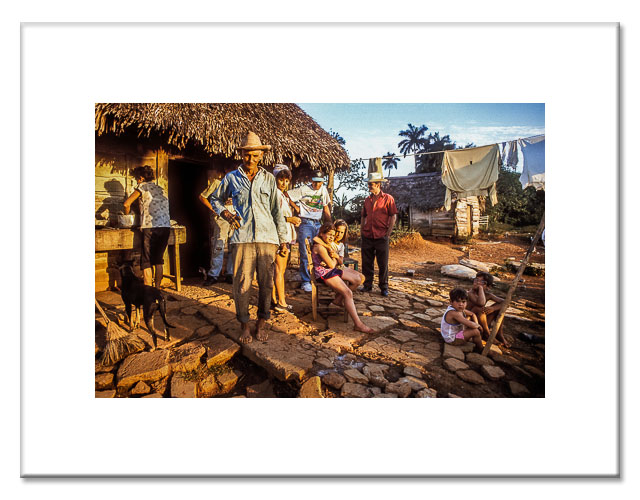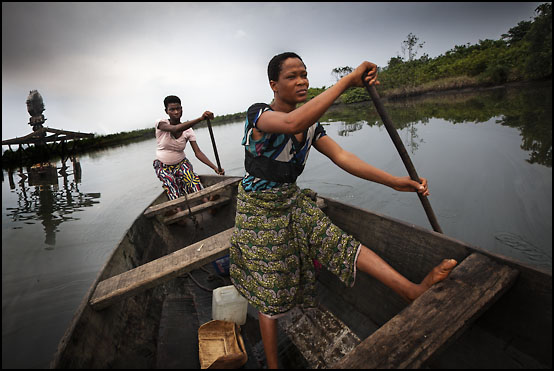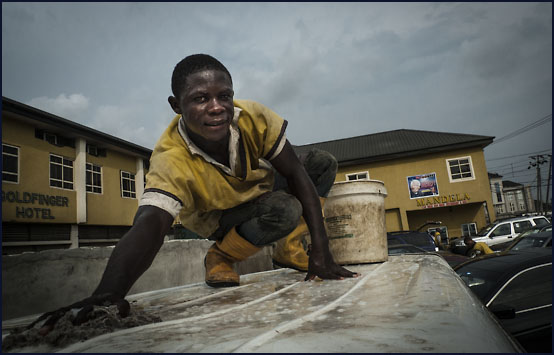



Some of you, who have followed me for a time, may know that I have this ongoing, unpretentious photo project. It’s as simple as photographing my backyard. There is no prestige or any achievements associated with the project. I do it in order to have a project I can turn to whenever I have a spare moment and don’t want to spend a lot of time and effort to get started. It’s as easy as can be to just pick up a camera and step outside into the backyard.
What more is, I want to have a project in which I can experiment to my heart’s desire, throw myself off the usual rut, do anything differently just to do something different. On assignments, I can’t take chances, not to the same extent at least. Neither do I want to when I am working on one of my “serious” projects. Therefore the backyard project.
It’s really not a photo project about the backyard, I am not trying to make a story about it or convey some of its mood or the feeling it can evoke. The pictures don’t have to say “backyard”. The only condition I have set to myself is that all pictures will have to have been captured in the backyard. Furthermore, I have imposed onto myself to not photograph the way I usually do, but rather break anything and do opposite of whatever I do when I am in my usual flow. Everything is allowed and nothing is ruled out.
My first post of the backyard projects goes back to July 2011. If you want to look up previous posts and photos, you’ll find them here: Experimental Backyard, My Photographic Retreat, My Backyard Project, My Personal Challenge, The World from the Backyard, Instagram my Backyard, Out of Comfort Zone and Challenge and Expand.
Facts about the photo: The photo was taken a Canon Eos 1D with either a 16-35 or a 24-105 mm lens. The photos were processed in Lightroom, Photoshop and Nik Color Efex.
On a different note. If you would like to have a photo critiqued—almost like I do in my workshops—remember I only keep this offer open a couple of more days. By the end of the month I will again close the picture critique. If you have a picture you would like to have feedback on, post a link to it on my Picture Critique-page.












